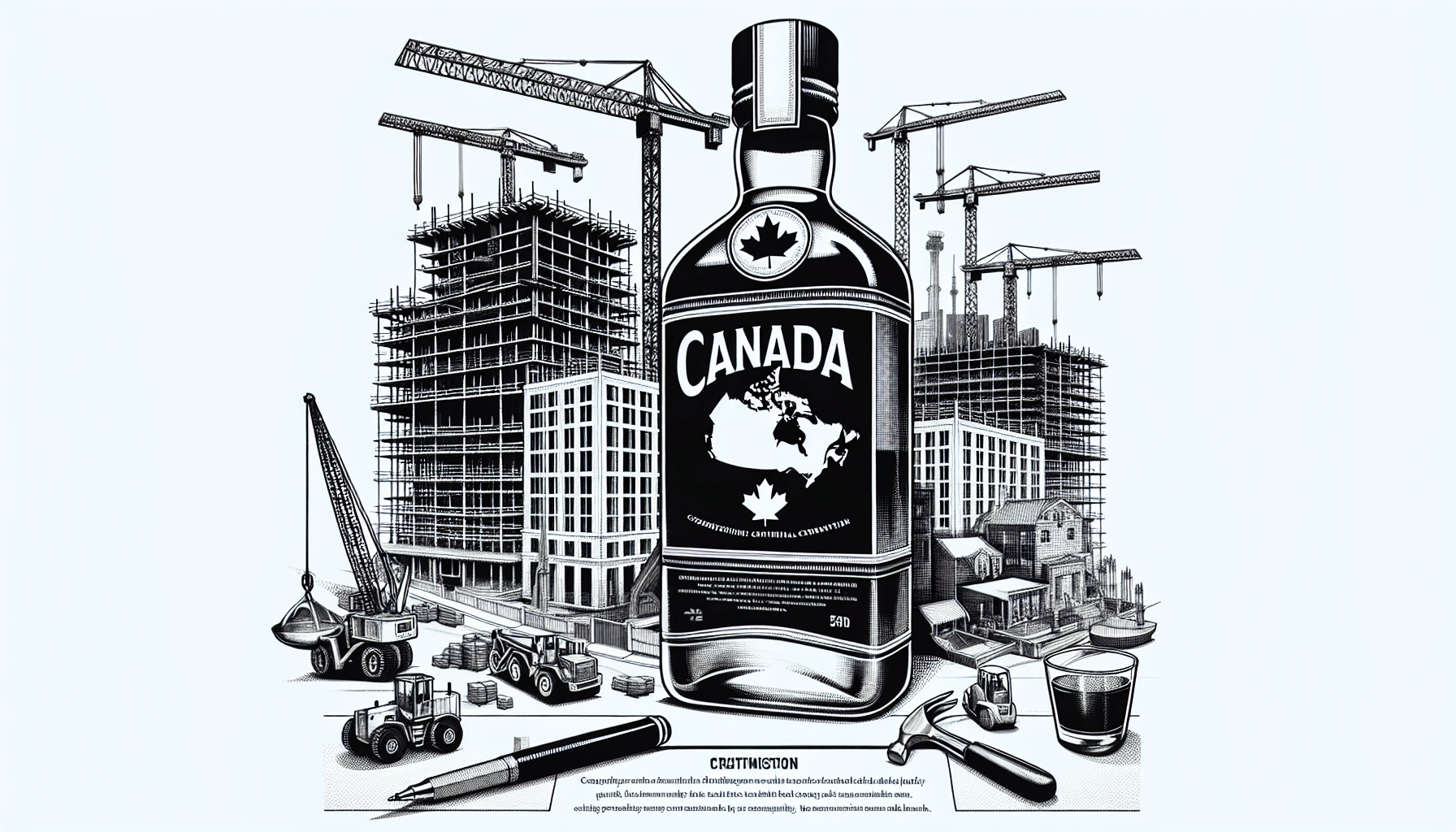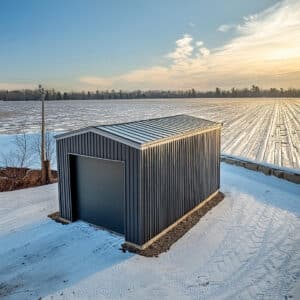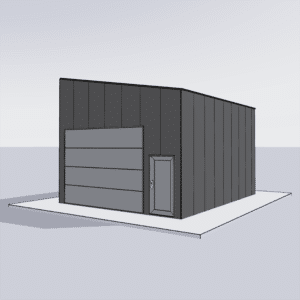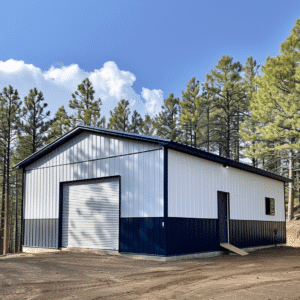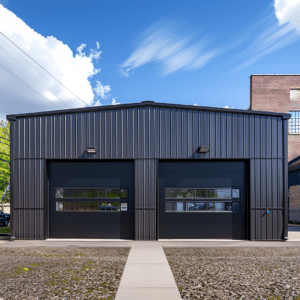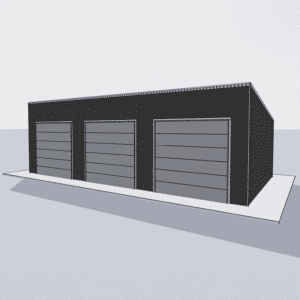U.S. Tariff Threats and the Hopes of Canadian Booze-Makers: Time to Smash Home Trade Barriers?
Canadian liquor manufacturers are closely eyeing the geopolitical balderdash, with threats by two premiers to ban U.S. alcohol if Washington imposes a 25 per cent tariff. The ongoing saga is echoing hope in an unexpected manner, with domestic users and sellers calling for a liberalization of interprovincial barriers. For an industry that has, to a certain extent, been nestled within domestic constraints for far too long, this might just be the break they need.
Understanding the Current Liquor Landscape in Canada
Canadian alcohol makers have long faced restrictions on selling their goods freely within the country. Interprovincial trade barriers have kept sellers and buyers geographically locked, minimizing the real potential of the industry. These are the laws that restrict how much alcohol Canadians can transport across provincial borders, and how much they can buy online from out-of-province retailers.
Caught up in International Trade Politics
The U.S. threat to impose a steep 25 per cent tariff on imported Canadian goods has stoked uncertainty among local business owners but has also sparked renewed fervor amidst local booze-makers. In response to the U.S threat, Ontario and B.C. premiers have indicated that they may consider banning American alcohol. While it might be a counter-intuitive approach, this move has inadvertently reignited the conversation around Canadian interprovincial trade barriers.
The Blurring Line Between Trade Policy and Construction Updates
You might well ask: what does this alcohol-trade drama have to do with our typical focus on real estate development and construction trends? More than meets the eye, friends. Trade agreements, particularly for commodities like alcohol, have tangible impacts on commercial real estate development needs and consumer shopping patterns.
As Canadian alcohol manufacturers hope to capitalize on this potential new change and expand beyond their existing boundaries, it paves the way for increased need for production facilities and warehouses. Coupling this proposed inter-regional trade with brewing desires of Canadian booze-makers inevitably implies a surge in demand for new infrastructure.
Looking for capable hands that understand the construction environment in regions like British Columbia? Your Building Team is your solution. Whether it’s creating modern, adaptable steel buildings in BC or strategizing large scale industrial constructions, stay ensured of superior class and industry-standard efficiency with Your Building Team.
Unshackling the Canadian Booze Industry: The Potential Impact
The loosening of interprovincial wine and spirit trade barriers can unleash a potent ripple effect across several businesses closely linked to the booze industry. This likely change may also drive the construction of new stores and expansion of existing facilities, triggering a boom in related realms of real estate and construction.
While it may seem that this deregulation could trigger unchecked competition, it’s more likely to provide a much-needed stimulus to the domestic alcohol-production industry and support related business sectors. The stakes are high, with potential profits waiting to be uncorked.
In Conclusion
The Canadian liquor industry, caught in the crossfires of the potential U.S tariff imposition, finds itself on the brink of significant change. If this instigates a rethink of domestic interprovincial trade barriers, it could well be a pivotal moment for the Canadian booze industry. Moreover, it could stimulate new phases of construction and real estate expansion.
How do you think the loosening of interprovincial barriers would impact the Canadian construction and real estate scene? Feel free to share your thoughts, experiences, or questions on this topic.


